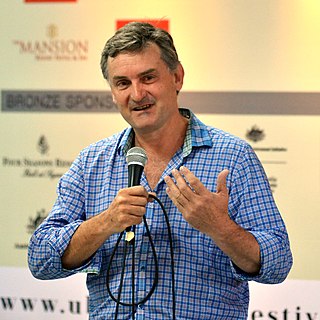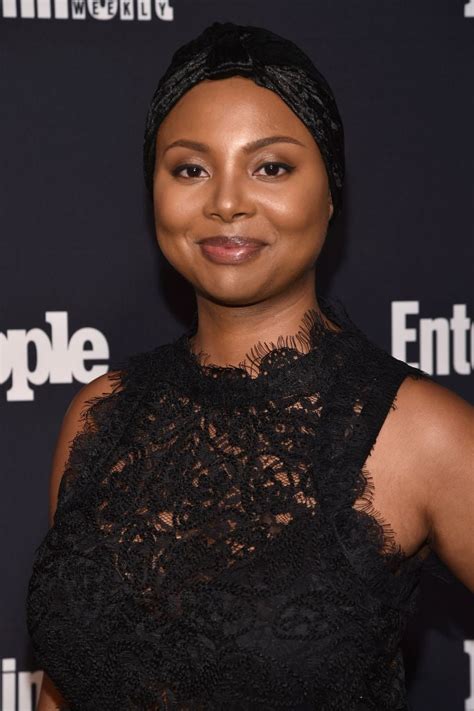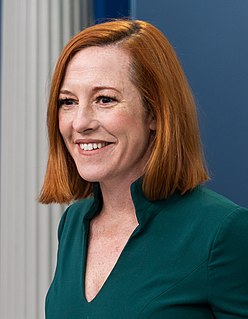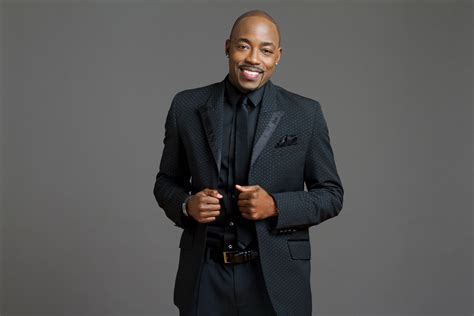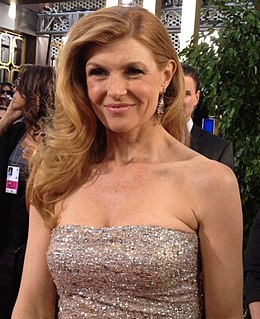A Quote by Tanya Saracho
To me, 'Kita y Fernanda' is very much an American story, and I know some people are going to think it's a Latina story, but it's about shifting people's paradigms and views of what it is to be American.
Related Quotes
There is a problem in America. An Irish or Polish American can write a story and it's an American story. When a Black American writes a story, it's called a Black story. I take exception to that. Every artist has articulated to his own experience. The problem is that some people do not see Blacks as Americans.
When I was a kid, I'd go to the African-American section in the bookstore, and I'd try and find African-American people I hadn't read before. So in that sense the category was useful to me. But it's not useful to me as I write. I don't sit down to write an African-American zombie story or an African-American story about elevators. I'm writing a story about elevators which happens to talk about race in different ways. Or I'm writing a zombie novel which doesn't have that much to do with being black in America. That novel is really about survival.
I think there's just a lot of apprehension in Australia about the Trump victory. It's not that there are - some people are supportive, of course, and some people are dismayed by it. I think one thing that draws most people together - maybe 80 percent of the people - is a very strong view of American leadership and the American alliance.
To me, when one is writing sometimes about a very specific subject with very specific people, I feel like if that story doesn't cross over, it's not working. That's very beautiful to me, to be sitting in Berlin and there's an actor reading my book in German. I don't even know what's going on, except I know to feel my own rhythms in another language and say, "If this is going well, I think everyone should laugh around now." Then maybe there's laughter, and for me, it reminds me of how story can move around the world.
I think that people have to have a story. When you tell a story, most people are not good storytellers because they think it's about them. You have to make your story, whatever story it is you're telling, their story. So you have to get good at telling a story so they can identify themselves in your story.
I consider myself a logical person and, you know, a lot of people try to categorize me in one way or another. You know, there are some of the things that I say that probably would be considered very much non-conservative. But I don't think really conservative or liberal; I think: What makes sense? What's going to help the American people? What's going to give them what they need? Not only in health care but in terms of jobs, in terms of education, in terms of a whole host of issues.
Usually, you get a script and you have the whole story. All the acts are there, for a play. You know what happens in the first, second and third acts, and you know how it starts, where you go and where it finishes. [With American Horror Story: Asylum], it's a whole new experience. I don't know where it's going, and I don't know what's going to happen next. It's been an interesting way to work. It's made me work in a much more fluid, braver way, just taking every chance that comes along.
It's exciting to me that Ride Along is a movie that has two African American leads, but it's even more exciting to me that it's not a movie about two African American leads. They just happen to be African American. It's a universal story. It's a story about a guy in love with a girl, and he's gotta get the approval of the overbearing, mean brother. That's a universal theme.




